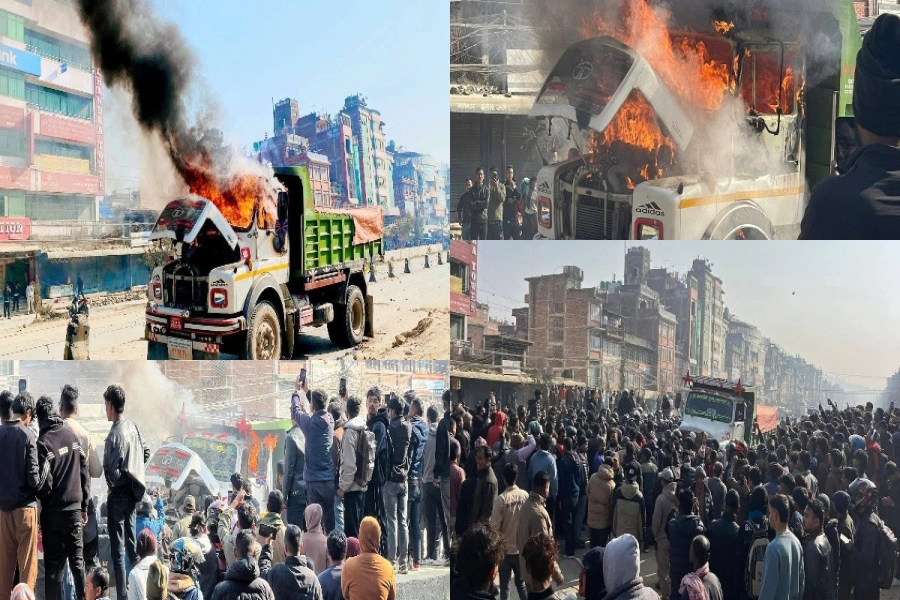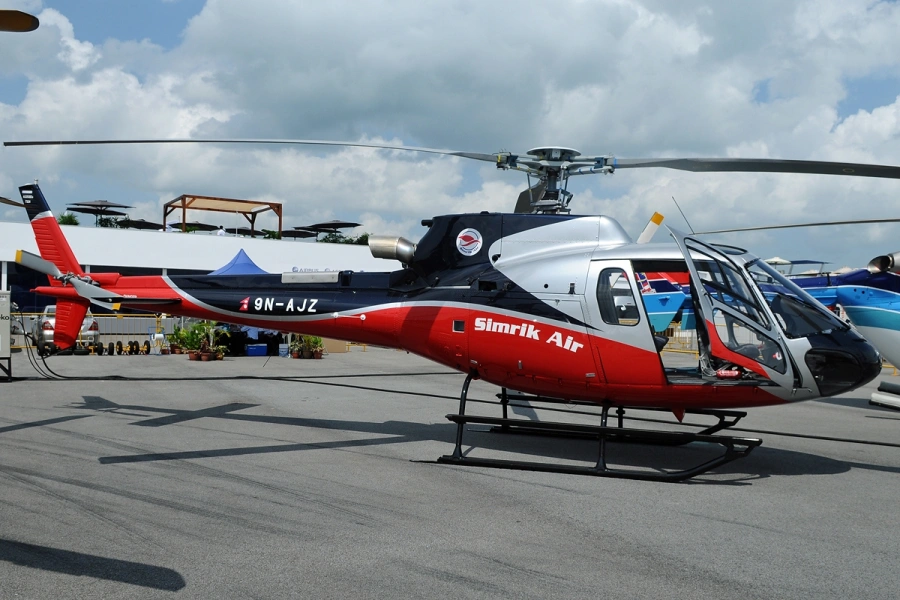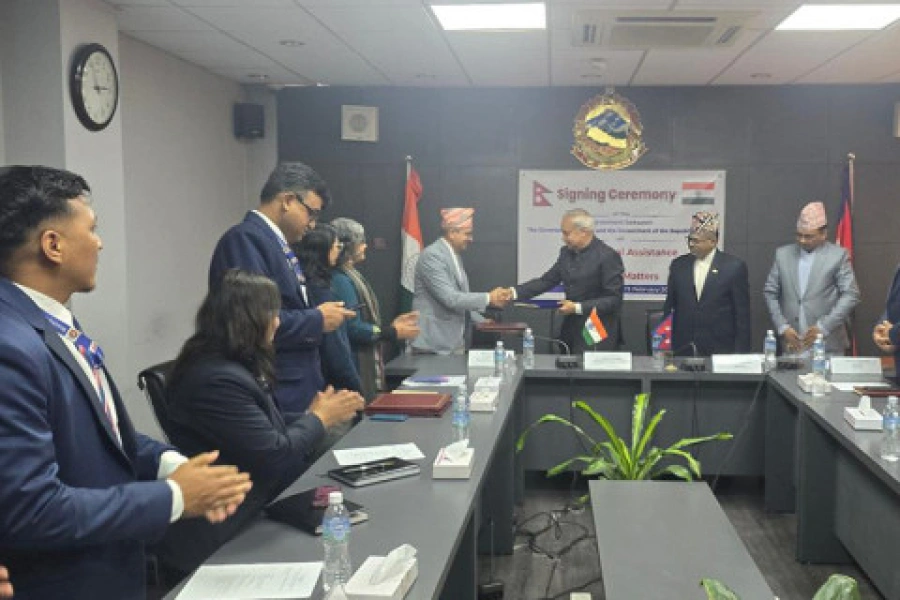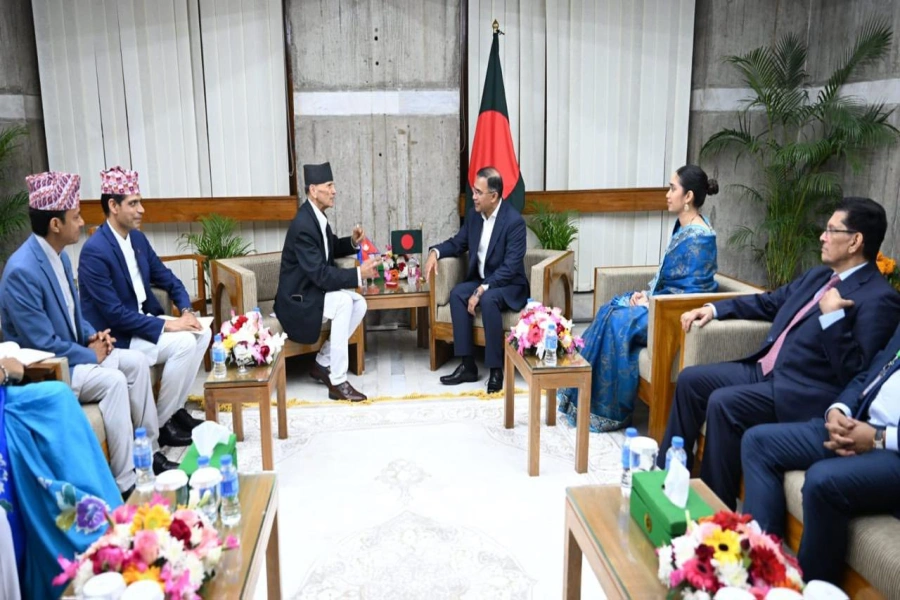-Most INGOs pay Rs 80,000 to Rs 180,000 per month to rent a flat
-INGOs and UN agencies pay up to Rs 180,000 a month to hire a Bolero Jeep
-The cost of hiring Scorpio Jeep is up to Rs 300,000 a month
-Most newly-built house occupied by INGOs and UN agencies
GORKHA, Aug 25: INGOs and UN agencies have been spending liberally on rental premises and hired vehicles.
As a result, the district has seen an unnatural rise in the rates for house and vehicle rent. House rent has doubled since the earthquake.
UN agencies and INGOs such as Oxfam, UNDP, Save the Children and Care Nepal pay more than Rs 80,000 every month for a flat. CRS, an organization working in Gorkha district, pays Rs 180,000 per month as rent. It has rented the building of the Chamber of Commerce & Industry. Most of the newly-built houses in the district are occupied by INGOs and UN agencies.
Ward office padlocked for not paying house rent

Similarly, the INGOs and UN agencies are spending huge amounts on hired vehicles. Every agency has hired two to five vehicles on average.
Most of them pay Rs 120,000 to 180,000 every month to hire a Bolero Jeep. Local organizations including the National Reconstruction Authority have been paying only Rs 80,000 for the same jeep. The cost of hiring a Scorpio is even higher. INGOs and UN agencies pay Rs 250,000 to Rs 300,000 per month for a Scorpio.
Organizations such as IOM, Save the Children, Oxfam, CRS, UNICEF, IMC and World Vision have hired some three to six vehicles each. These are mostly used to carry their staff. Some vehicles are used just to pick up and drop INGO and UN staff from Kathmandu. Most high level staff are from the capital and most of the vehicles are busy dropping them off in Kathmandu on Friday and pick them up again on Sunday, a driver for an INGO told Republica on condition of anonymity. The INGOs have also purchased motorcycles.
Purna Puri of World Vision, however, said that all the vehicles are hired on the basis of necessity. Employees of other INGOs and the UN agencies also say that they are using the vehicles and other logistics in reconstruction-related work.
What appears to be more worrying, however, is that most of the INGOs and UN agencies have failed to abide by the work procedures prepared by the District Disaster Relief Committee. The committee had developed separate guidelines to make the INGOs more transparent and effective.
"We will start monitoring the activities of all the organizations," Local Development Officer Narayan Acharya told Republica. “We have been receiving complaints from the public regarding the snail pace reconstruction work.”
The District Disaster Relief Committee had directed the all agencies working in the district to submit expenditure statements and progress reports and organize public hearings on a regular basis. The guidelines are yet to be implemented.





































